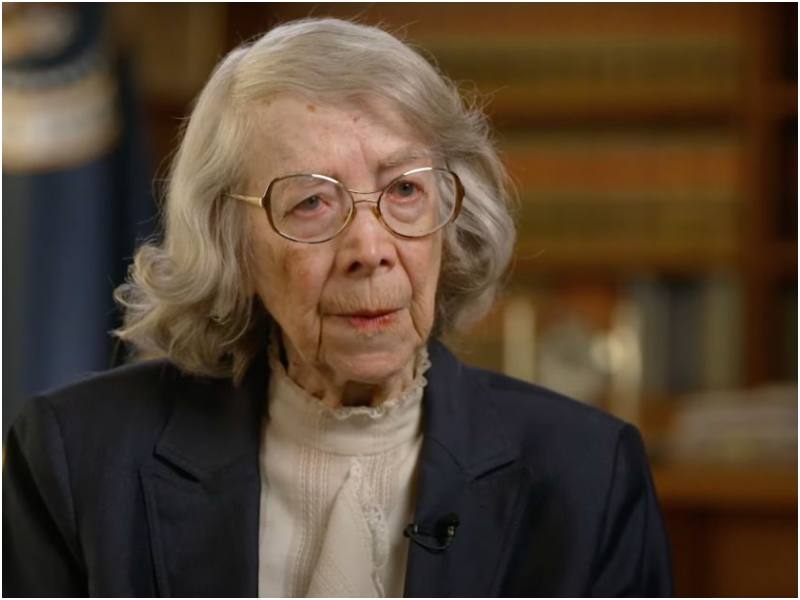In a notable legal battle, U.S. Circuit Judge Pauline Newman, the oldest judge on the federal bench, lost her lawsuit challenging a suspension over concerns of mental deterioration.
U.S. District Judge Christopher R. Cooper dismissed her claims on Tuesday, ruling that the law underlying her suspension was constitutional.
Judge Newman, who recently celebrated her 97th birthday, told Bloomberg News that she intends to appeal the decision.
Appointed by President Ronald Reagan in 1984, Newman holds the distinction of being the first judge directly appointed to the Federal Circuit, serving with distinction for nearly four decades.
She was even hailed as “the heroine of the patent system” before her suspension.
The suspension followed an investigation by the Committee on Judicial Conduct and Disability into Newman’s mental health.
Reports from her colleagues cited delays in completing work, instances of inappropriate behavior, and habitual confusion.
The committee found “overwhelming evidence” of memory loss, lack of comprehension, and confusion, describing her behavior as often “frustrated, agitated, belligerent, and hostile towards court staff.”
The committee ordered Newman to undergo a brief interview with a neurologist and a comprehensive neuropsychological examination.
However, Newman refused to comply and did not provide the requested medical records, leading to her suspension from receiving new case assignments.
In response, Newman filed a lawsuit against Chief Circuit Judge Kimberly A. Moore and other Federal Circuit judges involved in her suspension.
Represented by the New Civil Liberties Alliance (NCLA), a conservative-leaning public-interest law firm, Newman challenged the suspension and the Judicial Conduct & Disability Act itself. Judge Cooper, an appointee of Barack Obama, had previously dismissed parts of Newman’s lawsuit in February but allowed some claims to proceed until Tuesday’s complete dismissal.
Judge Cooper’s 15-page ruling focused on rejecting Newman’s legal challenges to the Judicial Conduct & Disability Act.
He concluded that Newman failed to demonstrate that the act was unconstitutional, either on its face or as applied in her case, and upheld the special committee’s investigative authority.
Cooper noted that Newman’s pleadings simply “repackage[d] an argument that she made — and the Court rejected — in the last round of motions,” dismissing her claim that the investigatory provision of the law was void for vagueness.
Despite the setback, Newman remains resolute in her fight, signaling her intent to continue her legal battle in the appellate courts.

